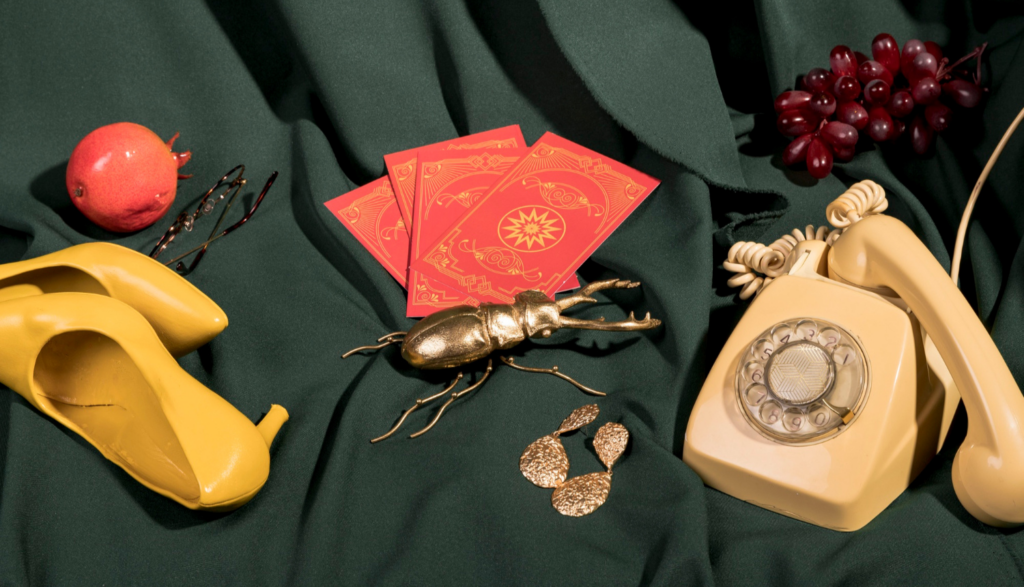Tarot readings have captivated people for centuries, offering insights into love, career, and personal growth. Many who seek guidance from tarot feel as though the cards reveal hidden truths, yet psychological research suggests that cognitive biases—systematic patterns of thinking that affect our judgment—play a significant role in how we interpret tarot readings. Understanding these biases helps explain why tarot feels so accurate and meaningful, even though the messages are often open to interpretation.
Confirmation Bias: Seeing What We Expect
One of the most influential biases in tarot readings is confirmation bias, the tendency to focus on information that supports our existing beliefs while ignoring evidence that contradicts them. When a tarot reader predicts success or a major life change, a person might unconsciously filter their experiences to find supporting examples. For instance, if a card suggests a new opportunity, the individual might recall a recent job offer or an idea they’ve been considering, reinforcing their belief in the reading’s accuracy.
The Barnum Effect: Making General Statements Feel Personal
The Barnum effect, named after the famous showman P.T. Barnum, describes how people interpret vague, general statements as being uniquely relevant to them. Tarot cards often carry broad meanings—such as “You have recently faced a difficult decision”—that could apply to nearly anyone. However, because the statement feels personal, individuals assume the reading is highly specific to their lives. This effect is the same psychological principle behind astrology and personality tests, making tarot readings feel more precise than they actually are.

Availability Heuristic: Recent Events Shape Interpretation
The availability heuristic refers to how easily recalled memories influence decision-making. In tarot, this means that a person’s most recent or emotionally charged experiences shape how they interpret a reading. If someone recently ended a relationship, they may see a card representing “transformation” or “letting go” as directly referring to their breakup, even though the card could have multiple meanings. This bias makes tarot readings feel personally relevant, even when the cards offer general themes.
Self-Fulfilling Prophecies: The Power of Belief
Another key psychological effect is the self-fulfilling prophecy, where believing in a tarot prediction can influence behavior in ways that make the outcome more likely. If a reading suggests financial success, the individual may subconsciously take more risks or work harder to achieve that outcome, later attributing their success to the tarot’s accuracy rather than their own actions.
Related: What It’s Like to Work, Play, and Live as an Air Sign
Does This Mean Tarot is Useless?
Recognizing the role of cognitive bias in tarot readings doesn’t mean they lack value. On the contrary, tarot can be a powerful tool for introspection and self-reflection. By prompting individuals to think about their goals, fears, and emotions, tarot readings can help people process their thoughts in a structured way. Whether or not the cards hold mystical power, they provide a psychological framework for exploring personal narratives and decision-making.
Ultimately, tarot readings feel accurate because our brains are wired to seek patterns, confirm existing beliefs, and find personal meaning in vague statements. Understanding these biases doesn’t diminish the experience—it simply reveals the fascinating ways in which belief and psychology shape our perception of the unknown.





















